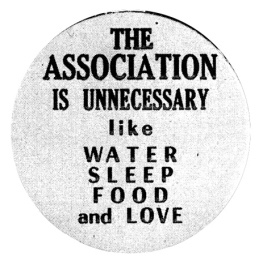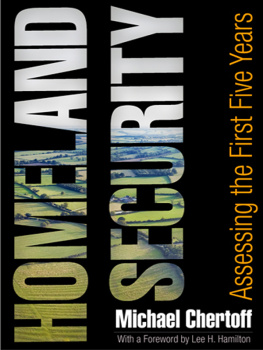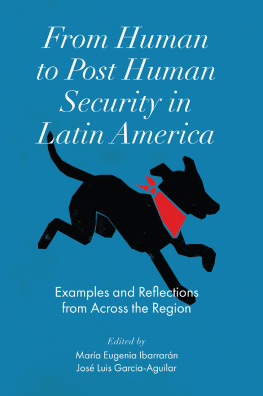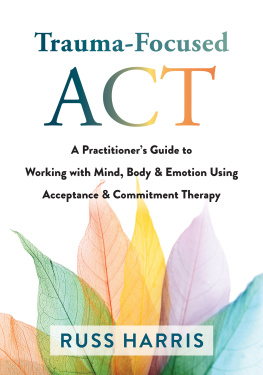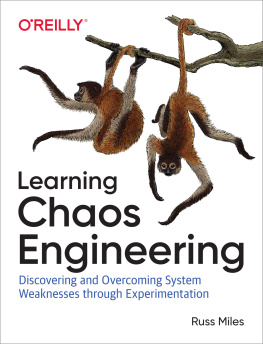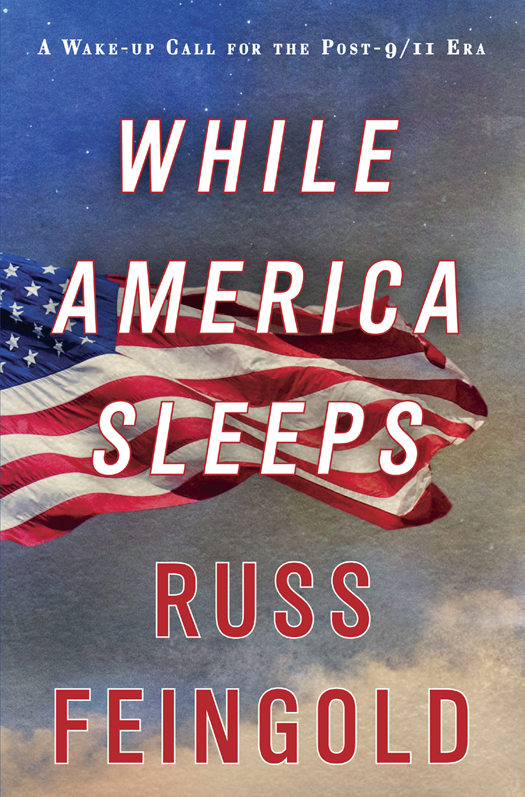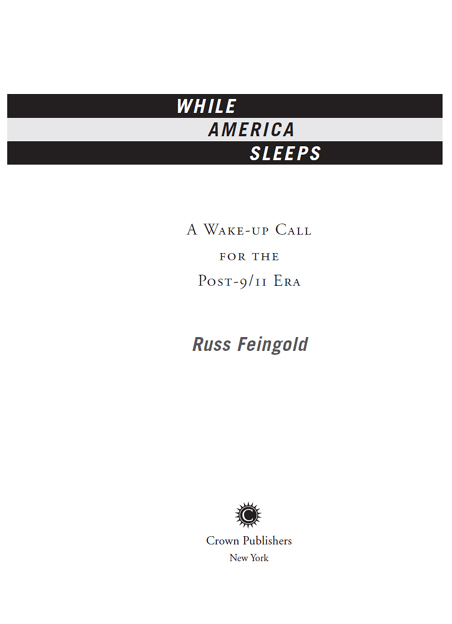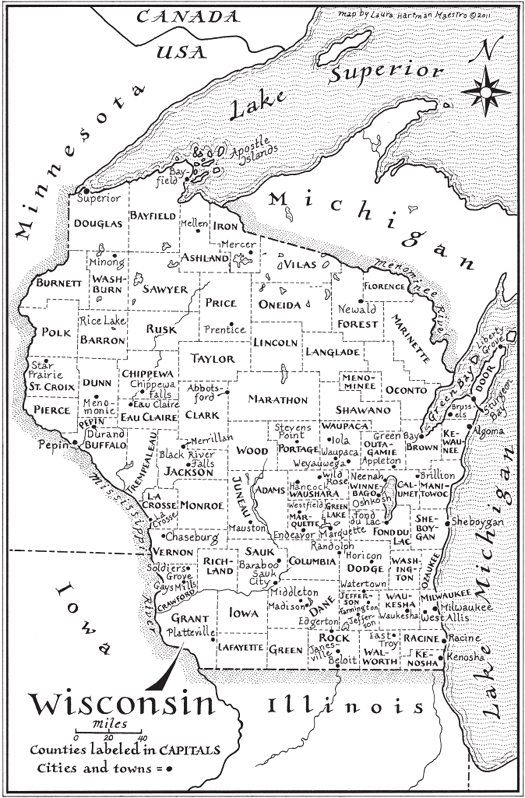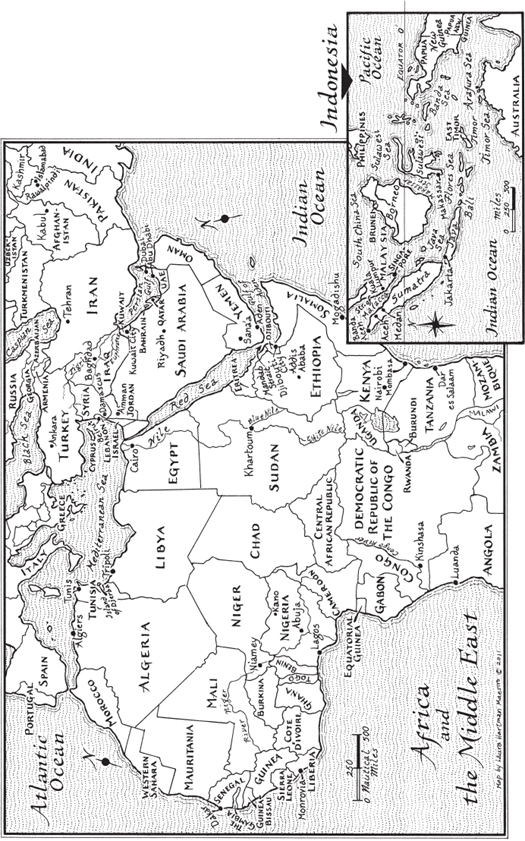Russ Feingold - While America Sleeps: A Wake-up Call for the Post-9/11 Era
Here you can read online Russ Feingold - While America Sleeps: A Wake-up Call for the Post-9/11 Era full text of the book (entire story) in english for free. Download pdf and epub, get meaning, cover and reviews about this ebook. year: 2012, publisher: Crown, genre: Romance novel. Description of the work, (preface) as well as reviews are available. Best literature library LitArk.com created for fans of good reading and offers a wide selection of genres:
Romance novel
Science fiction
Adventure
Detective
Science
History
Home and family
Prose
Art
Politics
Computer
Non-fiction
Religion
Business
Children
Humor
Choose a favorite category and find really read worthwhile books. Enjoy immersion in the world of imagination, feel the emotions of the characters or learn something new for yourself, make an fascinating discovery.

- Book:While America Sleeps: A Wake-up Call for the Post-9/11 Era
- Author:
- Publisher:Crown
- Genre:
- Year:2012
- Rating:5 / 5
- Favourites:Add to favourites
- Your mark:
While America Sleeps: A Wake-up Call for the Post-9/11 Era: summary, description and annotation
We offer to read an annotation, description, summary or preface (depends on what the author of the book "While America Sleeps: A Wake-up Call for the Post-9/11 Era" wrote himself). If you haven't found the necessary information about the book — write in the comments, we will try to find it.
In While America Sleeps, Russ Feingold details our nations collective failure to respond properly to the challenges posed by the post-9/11 era. Oversimplification of complicated new problems as well as the
cynical exploitation of the fears generated by 9/11 have undermined our ability to adjust effectively to Americas new place in the world. This has weakened our efforts to protect American lives, our national security, and our constitutional values. Ranging from institutional failures to get it right by Congress, the executive branch, and the media to the way we have spoken of the war on terror, the nature of Islam, and American exceptionalism, too often we have not made the best choices in confronting, in Churchills words, the new conditions under which we now have
to dwell.
Senator Feingold explores the way in which the American public has been fed inadequate information
or mere slogans to explain 9/11, Al Qaeda, and related events. This compares unfavorably with the candor often associated with, for example, FDRs fireside chats during World War II. Lumping Al Qaeda into a catch-all category known as bad guys, failing to make it clear that Islam itself is not a threat to our way of life, and underestimating the extreme difficulty of fully invading individual countries as a way to root out international terrorism are examples of this misdirection. Moreover, our general inability to keep our eyes on the international ball seems to have grown
even worse in the years following 9/11.
More than ten years after one of the greatest wake-up calls in human history, our nation seems to have again grown complacent about the issues that suddenly seemed so urgent immediately after 9/11. While America Sleeps suggests ways in which we can awaken a new national commitment to engage with
the rest of the world and one another in a less simplistic and more thoughtful way. Feingolds hope is that when the history of this era is written, it will be said that our country was taken off guard at the height of its power at the turn of the century and stumbled for a decade in an unfamiliar environment, but in the following decade America found a new national commitment of unity and resolve to adapt to its new status and leadership in the world
Russ Feingold: author's other books
Who wrote While America Sleeps: A Wake-up Call for the Post-9/11 Era? Find out the surname, the name of the author of the book and a list of all author's works by series.

